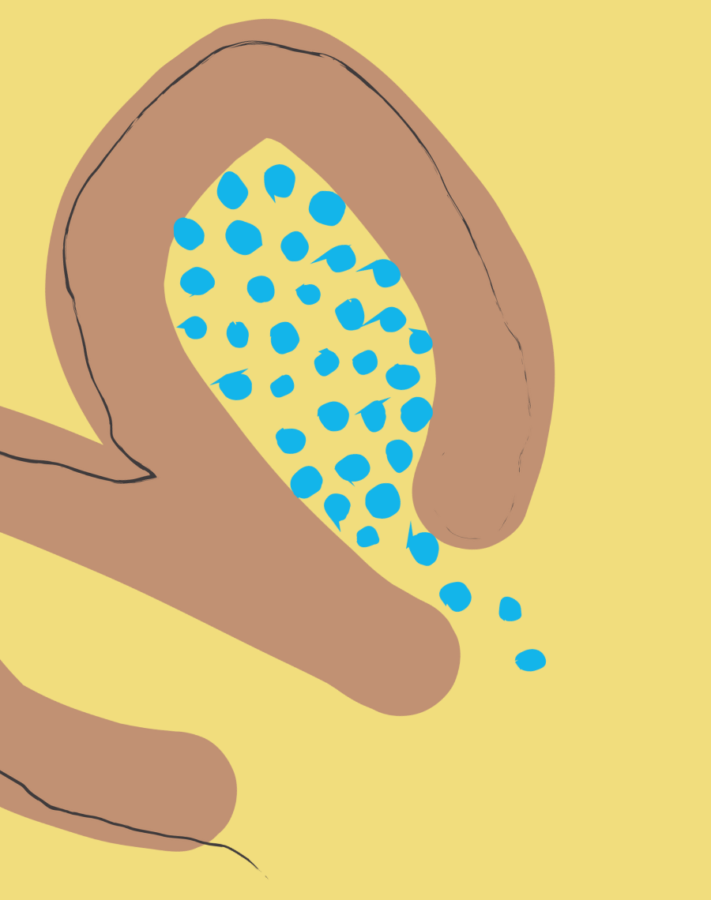What is Mental Conditioning?

The idea of mental conditioning arose whilst working as a Sport Psychologist at an AFL club, watching professional athletes train hard physically for three to four months during the pre-season to get them in ideal condition for the season ahead.
During the season, their bodies were fine-tuned and managed effectively in the pursuit of peak performance. However, what were they doing by way of mental training? Afterall, the mind drives the body.
Following a meeting with the head coach, general manager, and high-performance manager, a program was created to address this gap, to train the minds of the players. Similar to physical conditioning, mental conditioning looks to increase the strength of the mind’s muscle, help it cope with psychological discomfort, and optimally perform in any conditions at any given time.
The Mental Conditioning Program was created and intended to be delivered during the pre-season so that the players were best prepared physically and mentally for the season ahead. It consisted of three key themes:
1) Sustaining present moment focus;
2) Managing internal states; and
3) Perform consistently with what matters most.
Present Moment Focus
Several years working with multiple sports revealed that sustaining action-focused attention has been the most pressing issue for athletes and coaches.
Feedback from athletes has been that they rarely perform at their best, are easily distracted by their own self-judgement, overly concerned with the judgement of others and react to unhelpful performance cues.
Therefore, learning how to maintain present moment focus (PMF) was crucial to mental conditioning. PMF involves diverting as much of your attention as possible to specific actions or skills directly related to your performance. An example of this is in cricket where a batsman needs to be able to reset between deliveries despite what happened previously. They may have multiple internal processes such as worrying thoughts, muscle tension in the hands and feelings of anxiety. However, the skill is to refocus on more helpful cues. For a batsman in cricket that could be stance at the crease, feeling of bat in the hands, head position and watching the ball as bowler runs in. Given their potential to be a distraction, managing internal states is an important factor in the process of holding action-focused attention.
Internal States
Internal states involve our thoughts, emotions, and physical sensations.
- Thoughts are what our mind tells us. These can be helpful, such as providing coaching cues, but also unhelpful, such as self-criticisms, judgements, and being overly punitive following a mistake.
- Emotions are how we are feeling or underlie our mood at a particular point, which directs how we behave, and therefore, perform. Emotions can pull our attention away from the task and force us in a direction that is less helpful to what we are wanting to achieve.
- Physical sensations are feelings within the body that alert the brain that something is happening in that area. Examples include niggles, pain, symptoms of anxiety, or fatigue. Fatigue can play a crucial role in our mental performance in many sports and distract us from the task at hand.
Athletes operate in high-performing, pressurised environments, so these internal states are often volatile and uncomfortable. Therefore, it is understandable that athletes often seek out a Sport Psychologist to help them numb or reduce their uncomfortable internal states. Nevertheless, internal states don’t ‘switch off’, they exist 24/7 to varying levels of intensity. It is an important skill to be aware of them so we can better manage and respond to them accordingly.
Increased awareness and self-management then, allows us to focus our attention to where we want it to be, on useful performance-related information. This skill takes regular practice and can be done either on or off-field, depending on the type of sport and individual preference.
The commencement of this skill always begins with awareness of the self; if we do not understand what is happening within us, we do not have the ability to manage the presence of internal states, focus on the present moment, and do what matters.
Knowing Your Values
To complete the process of managing internal states and sustaining action-focused attention, it is important that we know what matters most to us.
Clarifying our values allows us to direct our energy in life to what is most important to us. As athletes, our values can remain consistent on and off the field. Yet for others, they can be very different.
For example, ‘ruthless’ and ‘competitive’ might be your on-field values only, that you don’t want to extend to your social life. As an athlete, knowing your values is important as it helps navigate the journey of a career in professional sport and enables you to focus more on the process.
Sport is so much about winning and results – outcome-focused attention – which in itself can create anxiety, worry, and distraction from the present moment.
Values further reflect who is the athlete you want to identify as? and How would you like to approach your sport? Rather than just asking: What is it you believe you need to achieve?’. These responses will drive more process-driven behaviour and an ability to expand your identity beyond just the result.
Values, present moment focus, and managing internal states are the three pillars to mental conditioning. Once learnt and understood, regular practice of each is paramount to be best prepared for the season ahead.
Practice can be integrated with physical or technical training, and the sporting context is important in understanding how to do so appropriately, as well as adding further intentional mental practice to be best prepared for the challenges ahead.
RESOURCES
TOOLS
Our six week Mental Conditioning Program Workshop will help you harness your mind-body potential for peak performance. This six week course draws on the best evidence-based psychological science and insights from the world’s top performers to prepare you to reach and sustain your sporting performance potential.
Values Card deck, The Mind Room
READ
Read more about finding your values in this two-part article: Feeling Lost? Find yourself here. and You’ve got to stand for something





